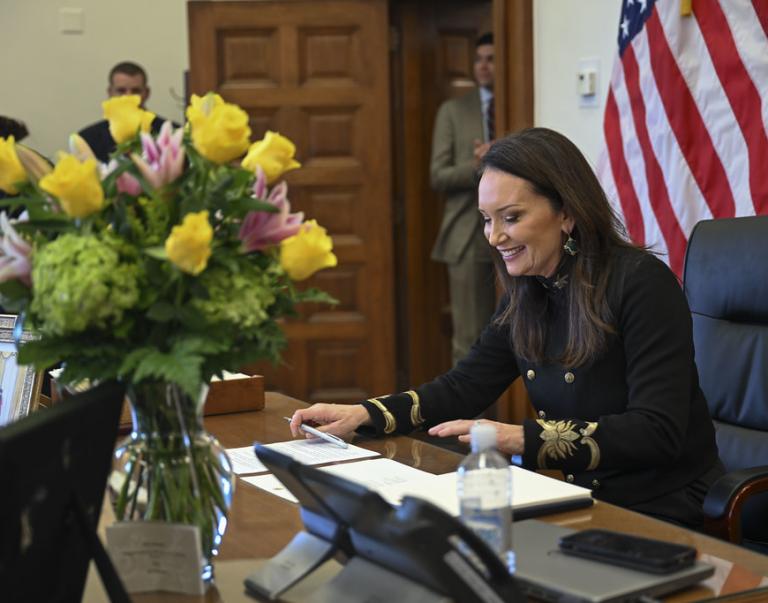As a youngster growing up in rural Jasper County, Miss., Anthony Lovett never forgot the words of his late grandfather, who told him, “Take care of the land and the land will take care of you.”

That advice from his beloved grandfather has guided him during his career—the poultry and cattle farmer is no stranger to conservation. In fact, Lovett’s family has worked with USDA’s Natural Resources Conservation Service (NRCS) since the 1990’s to ensure the land is productive and healthy.
Lovett’s cluster of fields and farm facilities was originally owned by his great-grandfather, but it was sold by the family during financially difficult times. In 2001, Lovett was able to purchase the land, putting “Lovett” back on the deed once again. He wants to make sure it stays in the family.
Over the years, Lovett has worked with NRCS to implement different conservation activities that minimize erosion and pollution on his land, which includes about 122,000 chickens and 50 cows. With help from NRCS, he fortified a levee near his pond and monitors the use of lime and fertilizer.
Lovett also uses cross-fencing to subdivide his pastures, giving time for grass to replenish and minimizing erosion in areas that cows frequent. This is often called rotational grazing.
He is also amid his second year of implementing measures that dispose of poultry waste and remains. Last year, he added an incinerator, functioning as a furnace and disposing of remains.
The incinerator decreases the odor and handling of dead chickens and reduces pollution of surface and groundwater resources.

He also installed a dry stack, allowing him to convert poultry remains and waste into compost. The dry stack holds these materials until they are ready for use as organic fertilizer.
Because Lovett is continually growing his poultry operation, he plans to erect a waste composter facility. This allows him to rely less on his incinerator and produce more compost. Lovett is also growing his cattle operation, and he plans to build a new pond to supply water. He also plans to construct additional cross-fencing for a new pasture he has prepared for the additional livestock.
Farming is deeply rooted in Lovett’s family. He works sunup to sundown taking care of his cattle and poultry farm and helping his father, J. K. Lovett, with his farm and poultry houses just across the road.
And despite the hard work, he is thankful for his job—and grateful for the assistance of the NRCS.
Follow NRCS on Twitter.
Check out other conservation-related stories on the USDA blog.



